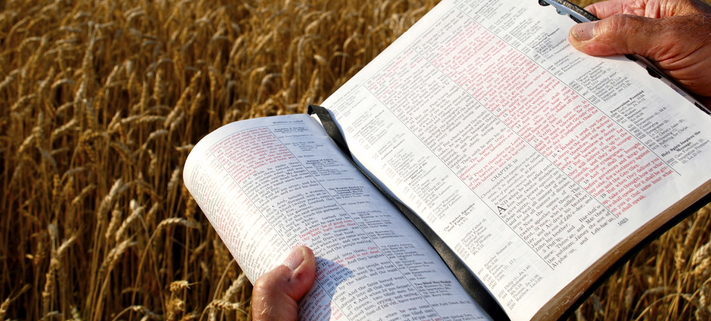Can I trust the Bible?
Many people have the impression that all kinds of weighty evidence shows that the Bible is basically untrustworthy.
Scholars argue about which if any of the sayings of Jesus in the Gospels are really authentic. Archaeologists and historians argue about which if any of the events recorded in the Bible actually happened.
“When so many people, with such impressive credentials, are telling me not to trust the Bible,” you might wonder, “who am I to disagree”?
As you think about this question, remember three things. First: don’t let anyone intimidate you.
Truth is not established by a majority vote, or by important people. In fact, the Bible states that many of the highly placed people of this world are going to find its main message very difficult to accept. Check out 1 Corinthians 2:6-16. The better you understand the message of the Gospel yourself, the more you’ll come to see why that’s true.
Second, keep in mind that the view that the Bible is untrustworthy is by no means unanimous.
While there are certainly scholars who doubt the Bible, there are plenty of others who don’t. Actually, the kind of scholarship that doubts the trustworthiness of the Bible begins with the assumption that the Bible contains mistakes. That’s one approach to take, but it’s not the only one. Nor is it the correct one.
Finally, the Bible claims special status for itself.
The Bible is more than just a book. Its authors tell us that they are communicating God’s own Word to people (2 Peter 1:20-21; 2 Timothy 3:16). The Bible is able to do more than just inform and inspire us. It is able to draw us into a personal relationship with the living God, through which we receive his gift of eternal life (John 20:30-31).
Are these claims true? Can the Bible really do everything it says?
There’s only one way to find out. Read the Bible for yourself on its own terms and see what happens to your heart. It’s the difference between going to a movie and seeing it yourself or just reading what the critics say about it.










